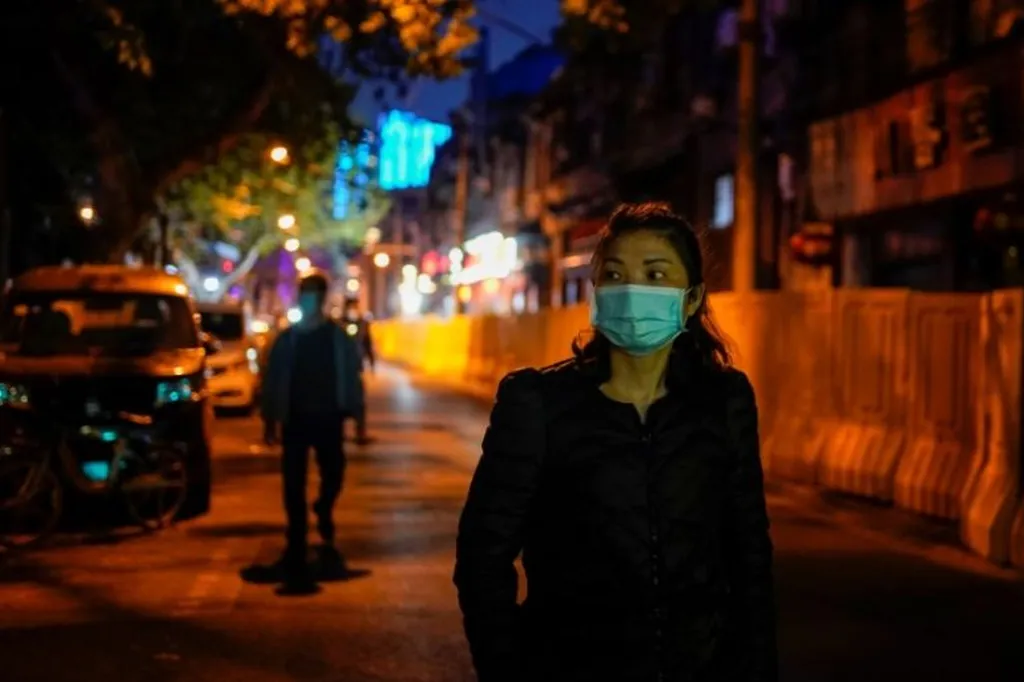In the heart of Taipei, a groundbreaking study led by Yi-San Lee at the Agricultural Biotechnology Research Center of Academia Sinica is reshaping our understanding of protein disulfide isomerases (PDIs) and their pivotal roles in cancer, diabetes, and coagulation. Published in the journal *Food Frontiers* (translated to English as “Frontiers in Food Science”), this research opens new avenues for natural product-based therapies, with significant implications for the pharmaceutical and biotechnology industries.
Protein disulfide isomerase A4 (PDIA4), the largest member of the PDI family, has emerged as a key player in various human diseases. Lee and his team have meticulously reviewed the functions and mechanisms of PDIA4 and other PDIs, focusing on their roles in cancer, diabetes, and thrombotic disorders. Their findings highlight the potential of natural compounds to target these enzymes, offering novel therapeutic opportunities.
“Nineteen compounds that modulate the enzymatic activity or expression of PDIA4 and/or PDIs show promising pharmacological functions,” Lee explains. These compounds, derived from natural sources, disrupt the interaction between PDIA4 and its substrates, leading to a cascade of beneficial effects. In cancer, they activate executioner procaspases, while in diabetes, they inhibit β-cell reactive oxygen species (ROS) generating pathways. For coagulation, they increase the displacement of antithrombin by histidine-rich glycoprotein.
The commercial impact of this research is substantial. The pharmaceutical industry stands to gain from the development of new drugs targeting PDIs, particularly PDIA4. These natural compounds could lead to more effective and targeted treatments for cancer, diabetes, and coagulation disorders, addressing unmet medical needs and expanding market opportunities.
Moreover, the biotechnology sector could leverage this research to develop diagnostic tools and biomarkers for early detection and monitoring of these diseases. The agricultural biotechnology sector, where Lee’s work is rooted, may also benefit from the identification of novel compounds that can be synthesized or extracted from plants, opening new avenues for crop protection and enhancement.
As the world grapples with the rising burden of chronic diseases, this research offers a glimmer of hope. By harnessing the power of natural products, we can potentially develop safer and more effective therapies, reducing healthcare costs and improving patient outcomes.
In the words of Yi-San Lee, “This study provides a comprehensive overview of the functions, mechanisms, and potential interventions of PDIs, with particular focus on PDIA4, in cancer, diabetes, and thrombotic disorders.” The implications of this research are far-reaching, paving the way for innovative treatments and diagnostic tools that could transform the landscape of modern medicine.
As we look to the future, the work of Lee and his team serves as a testament to the power of interdisciplinary research. By bridging the gap between agriculture, biotechnology, and medicine, we can unlock new frontiers in healthcare, driving progress and improving lives. The journey is just beginning, and the potential is immense.

